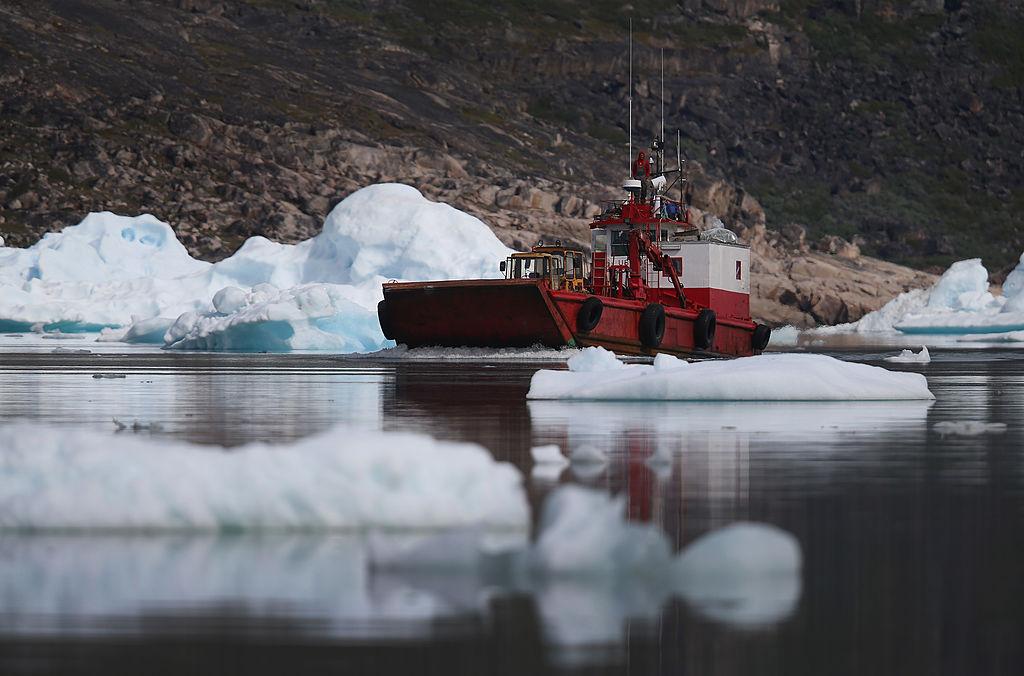In an annual report to Congress on China’s military, the Pentagon identified one particular region that the Chinese regime is keenly interested to dominate—the Arctic.
Since it gained observer status in the Arctic Council in 2013, China has increased activity and engagement in the region, according to the Pentagon report. The Council consists of eight countries: Canada, the Kingdom of Denmark, Finland, Iceland, Norway, Russia, Sweden, and the United States, which holds sovereignty over the lands within the Arctic Circle. Meanwhile, being an observer grants China permission to attend meetings hosted by the council, as well as to propose projects.





